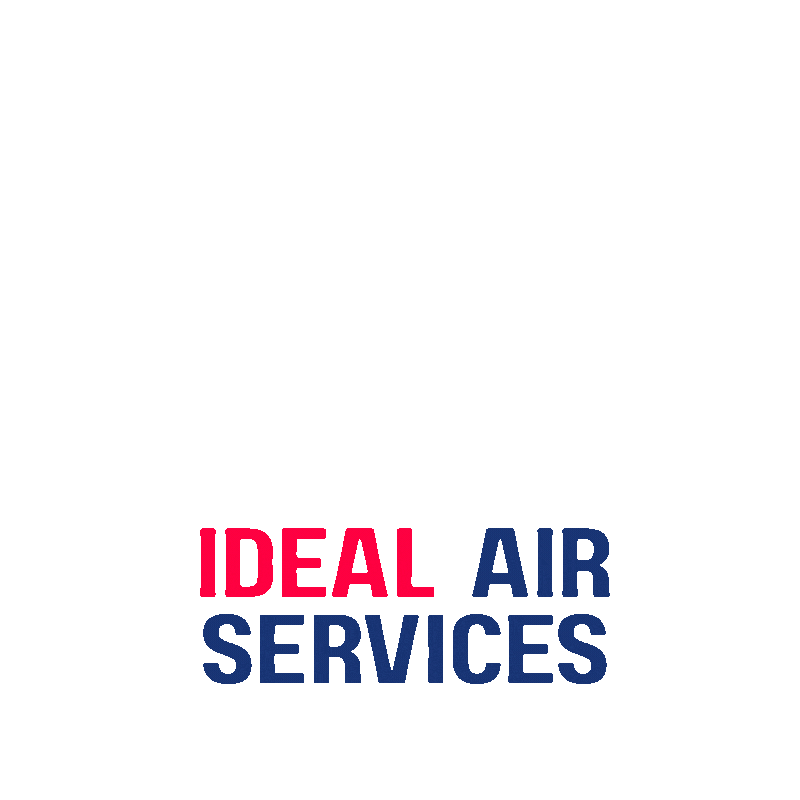Impacts of HVAC cleaning on energy consumption and supply airflow
- reportidealairserv
- Oct 23
- 4 min read

Energy-efficiency interventions are crucial for sustainable building operations to accommodate emerging indoor air quality (IAQ) criteria into their engineering life cycles. While several studies have addressed building energy consumption and IAQ considerations separately, few provide integrated analysis of these aspects in response to building hygiene practices. In response, this study evaluates the effectiveness of routine heating, ventilation, and air conditioning (HVAC) cleaning on energy consumption and supply airflow patterns in non-residential public buildings. This study juxtaposes HVAC energy consumption and ventilation performance before, during and after routine HVAC cleaning, across buildings situated in four different climate zones, while operating in cooling mode. Each site had nearly identical HVAC systems serving similar architectural features and occupational loads; these were segregated into an intervention (cleaned HVAC system) that could be compared to an otherwise identically operating HVAC (control system), which was not cleaned. Following prescriptive cleaning, HVAC systems exhibited significant energy consumption reductions and delivered higher airflows compared to their uncleaned counterparts. On average, intervention systems saved between 41 % and 60 % on conveyance (fan/blower) energy, with one exception, and supplied 10 % and 46 % more airflow compared to their uncleaned counterparts. This research demonstrates how a new generation of low-cost HVAC system monitors can compile Internet of Things (IoT) archives to show immediate energy consumption benefits associated with cleaning HVAC components and their associated ductwork serving relatively high occupancy commercial and educational spaces.
Do You Really Need to Clean Your Air Ducts? We Asked HVAC Pros
Air duct cleaning : is often marketed as a necessary part of home maintenance, but how do you know if it's really a worthwhile investment? When you remove your vent covers, it can be hard to tell if your ducts are even dirty, plus you can really only see the first couple of feet of ductwork.
To help you decide if duct cleaning is necessary for your home, we've consulted some HVAC pros and air quality specialists at Ideal Air Services Ghana Ltd about the importance of duct cleaning and whether or not it's really necessary for your home.
Is Duct Cleaning Really Necessary?
Duct cleaning may not always be a necessary part of annual home maintenance. Still, it can be essential under specific circumstances, according to Maxwell Asante, licensed HVAC service provider and co-owner of Ideal Air Services Ghana Ltd.
"A professional cleaning is highly recommended if you see visible mold growth or evidence of a vermin infestation in your ducts," he explains.
He adds that duct cleaning is also advisable under the following circumstances:
If you notice an unusual amount of dust circulating in your home.
If you have recently completed a major home renovation.
If you have moved into a new house and want to ensure a clean start.
Can You Do It By Yourself or Should You Hire a Pro?
Maxwell says that, though it's not uncommon for homeowners to attempt to clean their air ducts themselves, air duct cleaning is a job that's better left to the professionals. The DIY approach of using a household vacuum and brush often fails to thoroughly clean the ducts and can even exacerbate the problem by distributing the contaminants throughout the duct system and into the home.
"Professional HVAC technicians such as Ideal Air Services Ghana Ltd, however, use specialized, high-powered equipment to thoroughly clean the entire system," Maxwell explains. "They also have the expertise to identify and fix other issues like leaks or inadequate insulation, which are beyond the scope of a typical DIY effort."
Fox agrees that duct cleaning isn't a job for DIYers, adding that it can lead to damage if not done correctly.
Tips for Duct Cleaning
These tips will ensure your ducts stay as clean as possible, whether you've just had them cleaned or are trying to avoid the service as long as possible.
Change your air filter regularly: Undoubtedly, the simplest and most cost-effective thing you can do to keep your ducts clean is to change your air filter regularly. "The general recommendation is changing 1” thick filters every three months and 4-5” thick filters every 6-12 months, or more frequently if you have pets, smoke, or have projects or construction activities in the house," Fox says.
Upgrade your filter: You can take the duct protection offered by changing your air filter a step further by upgrading your filter. Fox recommends upgrading to a high-quality filter that will capture large particles like pollen, household dust, and lint, while Oliver mentions using a filter with a higher MERV rating, which indicates a higher level of filtration.
Have a professional seal your ductwork (if necessary): If you suspect that your air ducts may have tears or holes that are allowing outside air to enter the system, Oliver recommends having a licensed HVAC technician inspect the duct system and seal any leaks. Left undone, an unsealed duct system can be a breeding ground for mold, mildew, dust, and other contaminants.
Keep up with HVAC maintenance. Maxwell notes that if your ductwork is collecting dust, mold, mildew, or other contaminants, it could be a sign that your HVAC system isn't running correctly. Properly maintaining your system can help mitigate the need for duct cleaning.






Comments